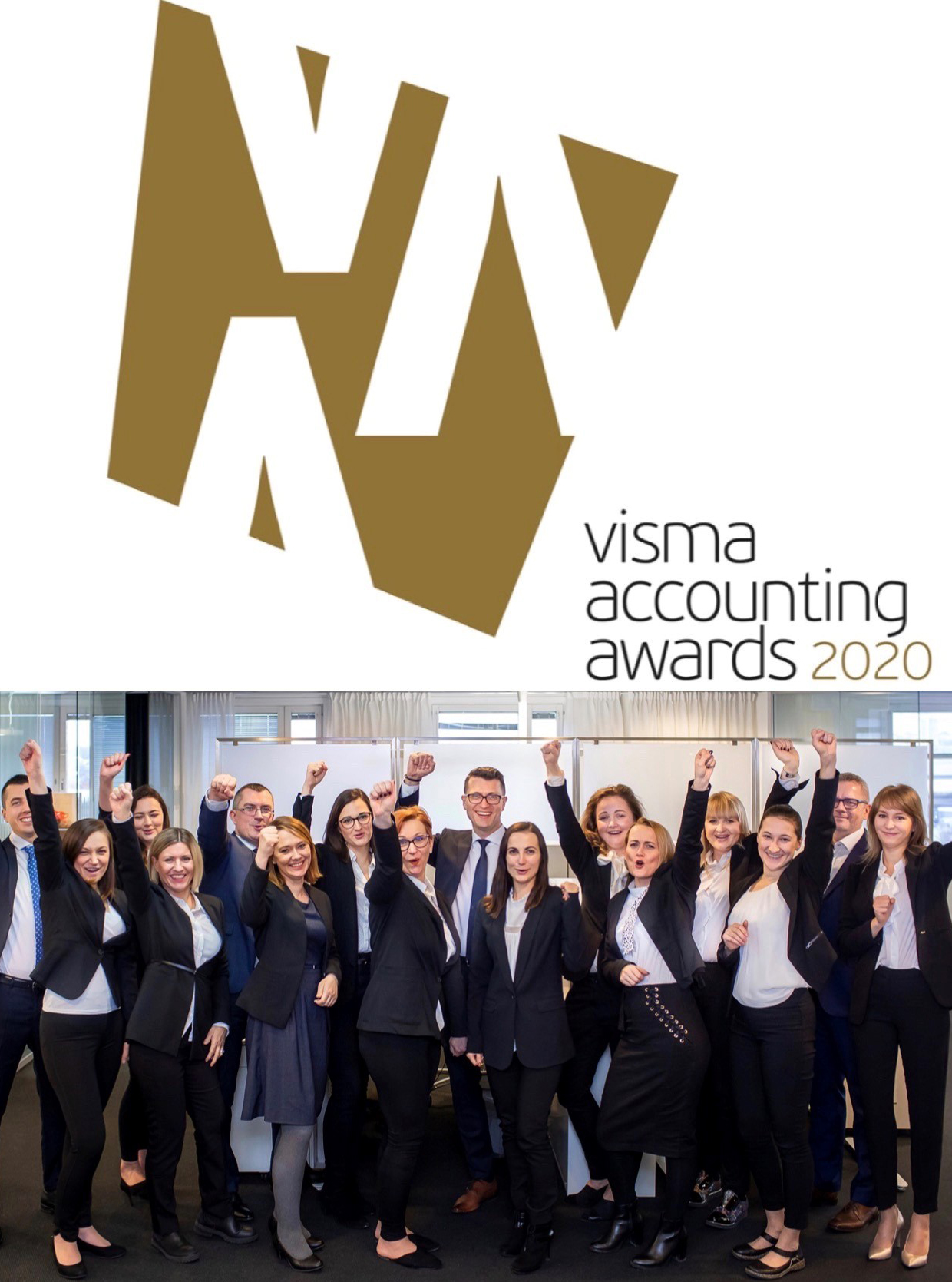-
What are the most common legal forms of doing business in Sweden?
The most common legal forms in Sweden are:
- Sole proprietorship (Enskild Näringsidkare)
- Limited liability company (Aktiebolag, AB)
- Commercial partnership (Handelsbolag, HB)
- Limited partnership (Kommanditbolag, KB)
- Branch (Filial)
The most common form is Aktiebolag (AB).
-
Do I need a Swedish ID number to register a sole proprietorship?
Yes, you need a Swedish identification number to establish a sole proprietorship (enskild näringsidkare). This can be:
– Personnummer (personal identification number for residents)
– Samordningsnummer (temporary identification number for non-residents).
-
How do I register my business in Sweden?
You must apply to the Skatteverket to register and obtain an F-tax certificate (F-skatt). Those with a permanent Swedish personal number can apply online at Verksamt.se. The application can also be submitted on paper by sending it directly to the Skatteverket’s foreign cooperation departments. This also applies to foreign entities.
-
Do I have to register my company in Sweden?
From January 2021, any company that performs work in Sweden for more than 15 working days consecutively and more than 45 days in total during the year is required to register to F-skatt in Sweden. Otherwise, the contractor deducts 30 % of the value of the invoice and declares it and then pays it to the Swedish Tax Authority for tax, unless the foreign company has a decision from the Authority that exempts it from this obligation.
-
How much is taxation in Sweden?
In Sweden, the entrepreneur is obliged to pay income tax, which in limited liability companies (aktiebolag) is 20.6%.
Tax in a sole proprietorship consists of local tax, the rate of which varies between 29% – 36%, and national tax, which is deducted when a certain income is achieved and amounts to an additional 20%. In a sole proprietorship, tax is progressive.
-
What conditions must be met for a foreign company to have a tax permanent establishment in Sweden?
In order for a permanent establishment to be deemed to exist, according to the main rule, 3 conditions must be met:
- there must be a special place of business,
- it must be permanently used,
- the economic activity must be permanently or partly carried out from that location.
In addition, having a dependent agent in Sweden also gives rise to a tax establishment.
Companies in the construction industry, on the other hand, are subject to the rule that a tax permanent establishment arises when they carry out a project in Sweden lasting more than 12 months.
-
What are the VAT rates in Sweden?
There are different VAT rates in Sweden: 25% – the standard rate, 12% – the food rate, 6% – the low rate and 0% – the zero rate for certain goods and services.
-
Do foreign companies have to keep accounting ledgers in Sweden?
Yes, foreign companies are required to keep ledgers if they do business in Sweden and are registered as a subsidiary in Sweden.
-
When should I register as an employer in Sweden?
The general rule is that companies that pay employees for work performed in Sweden while making tax deductions for such work in Sweden should be registered as an employer in Sweden.
-
When is it possible to speak of an economic employer in Sweden?
When an employee is included as staff in a company in Sweden – is under the control and management of the Swedish principal, or is included as staff through hire, the Swedish company (principal) is considered an economic employer.
-
What taxes do employers in Sweden have to pay?
Employers in Sweden are required to pay employer contributions (arbetsgivaravgifter) of 31.42% on gross wages.
Foreign companies that second employees with valid A1 certificates to work in Sweden are exempt from paying these contributions by virtue of being subject to the insurance system in the employer’s country.
-
What is the tax liability for foreign individuals doing business in Sweden?
They usually have limited tax liability. If they settle or permanently reside in Sweden, it turns into unlimited tax liability. Employees residing in Sweden for less than six months may choose to be taxed as foreign residents (SINK 25%) or according to the normal rules.
-
Is there a minimum wage in Sweden?
There is no minimum wage in Sweden unless the company in question has a collective agreement. Wages are set in the industry concerned based on union agreements and standards set by the environment concerned.
-
What are the regulations on working hours in Sweden?
The Swedish Working Hours Act (Arbetstidslag) sets the maximum working week at 40 hours. Employees are entitled to an uninterrupted 11 hours of rest per day and 36 hours of rest at weekends.
-
When do I have to report an employee to the Work Environment Agency (Arbetsmiljöverket)?
Employees posted to work in Sweden are reported to the Arbetsmiljöverket, both when the employees perform a service for a recipient in Sweden based on a contract between the employer and the recipient and when the recipient hires out the service.

